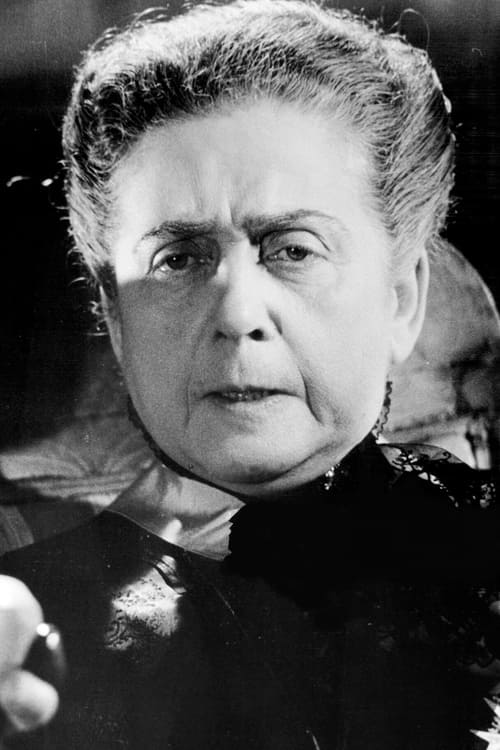Therese Giehse
Nacimiento : 1898-03-06, München, Germany
Muerte : 1975-03-03
Historia
Therese Giehse (6 March 1898 – 3 March 1975), born Therese Gift, was a distinguished German actress. Born in Munich to German-Jewish parents, she first appeared on the stage in 1920. She became a major star on stage, in films, and in political cabaret. In the late 1920s through 1933, she was a leading actress at the famous Munich Kammerspiele.
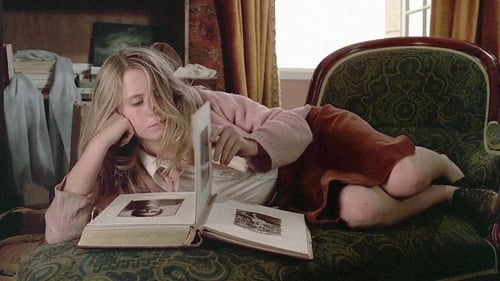
In Memory Of
Huyendo de una guerra mundial entre hombres y mujeres, la joven Lily persigue a un unicornio que la lleva a una casa donde viven una anciana que habla con las ratas, una joven que da de mamar a la anciana y el hermano mellizo y mudo de la joven, que tala árboles que sangran.

Old Lady (as Thérèse Giehse)
Huyendo de una guerra mundial entre hombres y mujeres, la joven Lily persigue a un unicornio que la lleva a una casa donde viven una anciana que habla con las ratas, una joven que da de mamar a la anciana y el hermano mellizo y mudo de la joven, que tala árboles que sangran.

Frau Perez
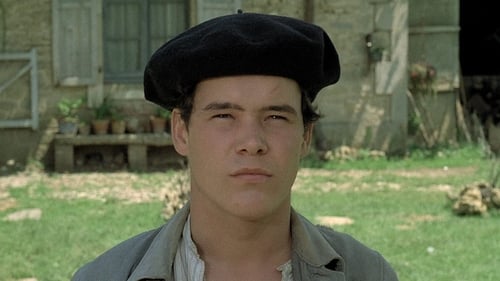
La Grand-mère
Durante la Segunda Guerra Mundial Lacombe, un joven campesino cuyo padre está prisionero en Alemania y cuya madre se acuesta con su jefe, intenta ingresar en la Resistencia. Rechazado por el cabecilla local, ingresa por azar en la policía alemana. Con una capacidad asombrosa para amoldarse a lo que su nuevo puesto le exige, su vida cambia cuando se enamora de France, la hija de un sastre judío.

Pelagea Wlassow

Frau Vogl

Ottilie

Mariann Mayr

Martha

Frl. Dr. Mathilde von Zahnd - Ärztin

Glafira

Frau Képes

Wassa Schelesnowa
Wassa Schelesnowa, a manipulative matriarch who will stop at nothing to keep her business afloat and her family together. Infanticide, forgery, murder, blackmail, adultery, exile, and plain old-fashioned greed are the order of the day as Wassa's colorful clan tries to scheme its way out of the house and into financial independence.

Dr. Mathilde von Zahnd

Frau Vogel

Antonida

Ida Herz
Der 10. Mai (The Tenth of May) was the date in 1940 that Hitler invaded the Low Countries: Belgium, Holland and Luxembourg. Neutral Switzerland, which hadn't experienced a war since the 14th century, hurriedly fortified its borders with battalions of inexperienced soldiers. The panic, confusion and isolated acts of courage which occurred on that fateful day are re-created in this Swiss docudrama. The story is "personalized" by concentrating on a fugitive German soldier (Heinz Reincke) who falls in love with the Swiss girl (Linda Geiser) who shelters him. Produced on a bare-minimum budget, Der 10. Mai is impressive more for its sincerity and raw energy than for its actual cinematic merits.

Frau Oberin
Remake de un clásico del cine alemán "Muchachas de uniforme" (1931), el primer filme que trataba abiertamente el tema del lesbianismo en el cine, pero en una versión mucho menos crítica y mordaz que ésta. En el año 2006 en Hollywood se realizó otro remake titulado "Loving Annabelle".
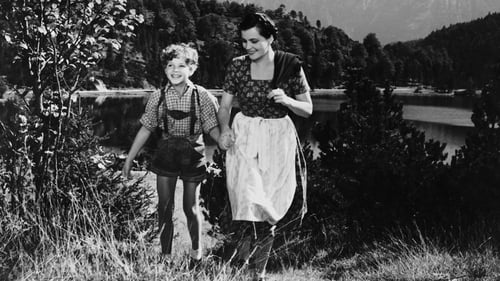
Mutter Lindner
10-year-old Rosmarin von Stetten lives with his widowed father Robert in the big city. During the holidays one day in the morning Rosmarin goes to the lake near the castle and meets Thymian, the poorest boy of the village, whose mother did not come back from the war and who has to do several jobs in the village for his living. The boys enter a boat, but both fall into the lake. Thymian crawls out of the water first and is found by a servant from the castle, who thinks he is Rosmarin and bring him to the castle and to bed. The boy doesn't know what happens and thinks he's spellbound...

Anna Hoffmann

Elfriede Bergmann
Laslo Benedek interrupted his thriving Hollywood career to return to Europe as director of the German Kinder, Mutter und ein General (Children, Mother and the General). The film is set in Berlin during the last days of WW II. Desperate for manpower, Hitler has ordered that all able-bodied teenaged boys --some as young as 15 -- be drafted into the army. Frau Asmussen (Hilde Krahl) is one of five mothers who learn to their horror that their boys have been slated to be cannon fodder on behalf of the Third Reich. Asmussen and the other mothers head directly to the front to plead with the German generals for the lives of their sons. Not directly an indictment of Germany's involvement in (or incitement of) the recent war, Kinder, Mutter und ein General stresses the futility and heartbreak of all wars everywhere.

Frau Holzer
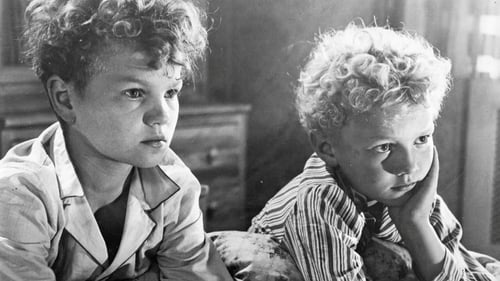
Frau Nickel
A widowed father advertises for a new maid, but his children secretly seek a woman to be his new wife.

Zugreisende im Abteil
Directed by Harald Braun and told from the perspective of Bertha von Suttner, the first female to receive the Nobel Peace Prize, The Alfred Nobel Story - No Greater Love chronicles the life of scientist, inventor, and businessman Alfred Nobel. Nobel built a massive fortune throughout his life, and while much if it was amassed by his inventions--dynamite being perhaps the most notable--he was also revered for his discoveries within the fields of science and economics. Upon his death, Nobel decided that his fortune was simply too great to continue in the form of an inheritance or single charitable donation, opting instead to use the money as reward for the greatest contributors to physics, chemistry, medicine, literature, and, of course, peace.

Sister Seraphine
An attractive young French girl instigates rivalry between two brothers when she becomes the bride of the younger one.
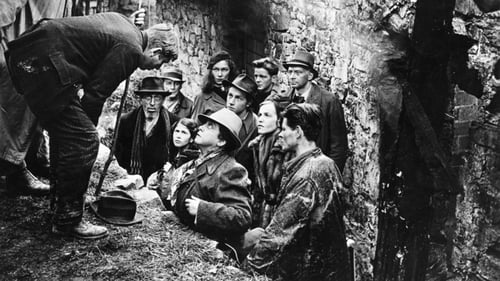
Frau Wittels
Escaping a Nazi prison train in war-torn Italy, an American and a British soldier set out for the Swiss border and find themselves leading a multi-national party of refugees for the Italian underground.

Boschka

Kathri
In Bern above Junkerngasse 54 the caretaker has died - the old Hutzli. On the day on which he was buried, it's started again, this howling in the middle of the night - scary. Since then, no one dares to live there.
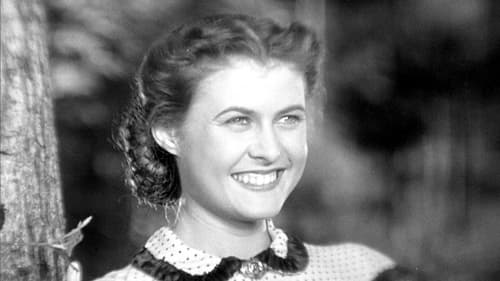
Marie
While on a longer business trip, a wannabe poet urges his beautiful but more simple wife to answer his overly swollen love letters. With no idea how to respond she forwards the letters to a new young school teacher to use his answers instead...

Melanies Mutter
In this French set comedy, five million francs change hands one weekend between a man pretending to be a millionaire and a woman pretending to be a Russian countess.

Frl. Holzapfel
Film by Seitz.

Frau Brennecke
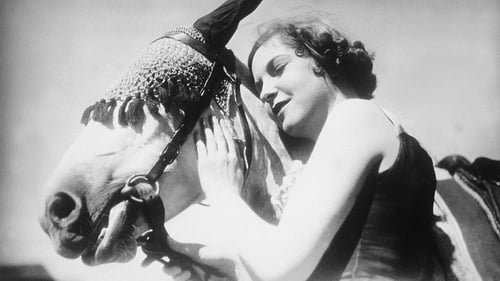
Photographie Werberin
Bohemia in the 19th century, stage-coach driver Hans, loves the mayor's daughter Marie, but she is promised Wenzel, the son of another wealthy farmer. Marie refuses to marry Wenzel because of Hans, but the marriage arranger tries to "buy" Marie from Hans. But when Wenzel tells Hans, that he doesn't want to marry Marie, either, because he loves circus director Brummel's daughter, Hans decides to accept the offer of money for not interferring in the relations of Hans and Marie. But when Marie hears about this, she doesn't want to see Hans again.
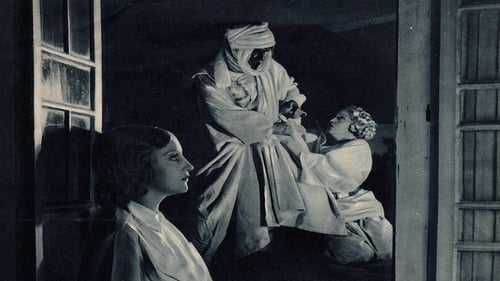
Frau Schmitgen, Vermieterin

Putzfrau
Peter Voss, Thief of Millions (German:Peter Voss, der Millionendieb) is a 1932 German comedy crime film directed by Ewald André Dupont and starring Willi Forst, Alice Treff and Paul Hörbiger. It was based on the 1913 novel of the same title by Ewald Gerhard Seeliger which has been adapted into a number of films including previously in 1921 and later in 1946. It was the second to last film made by Dupont in Germany before he was forced to flee to the United States following the rise of the Nazi Party.

Frau Mayer
Musical about a girl typist who leaves Berlin for Venice after winning a contest. A rich bachelor pretending to be poor takes a job with her and competes for her affections with a count and a tenor.

Mutter
